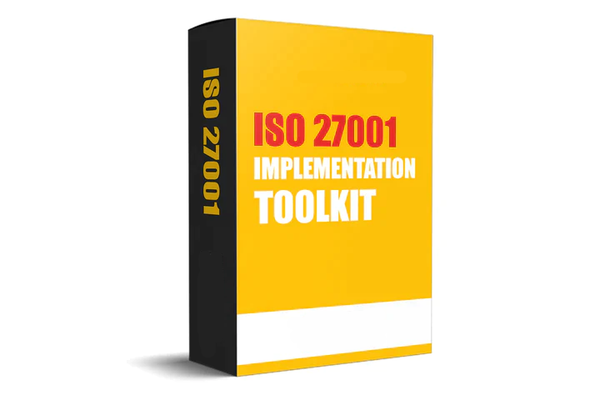What Is ISO 27001 Compliance?
ISO 27001 compliance refers to the adherence to a globally recognized standard for information security management. The ISO 27001 standard provides a systematic approach for organizations to establish, implement, maintain, and continually improve their information security management systems. It focuses on safeguarding the confidentiality, integrity, and availability of sensitive information, ensuring that organizations can effectively manage the risks associated with data security.In an increasingly digital world, where data breaches and cyber threats are commonplace, ISO 27001 compliance is vital for businesses of all sizes and industries.

Importance of ISO 27001 Compliance?
- Definition of ISO 27001: ISO 27001 compliance refers to the alignment with the international standard for Information Security Management Systems (ISMS). This standard, published by the International Organization for Standardization (ISO), provides a systematic approach to managing and protecting sensitive information within an organization.
- Information Security Management: ISO 27001 places a strong emphasis on managing information security holistically. It involves identifying, assessing, and managing risks to ensure the confidentiality, integrity, and availability of information assets.
- Risk Assessment: A core component of ISO 27001 is the systematic identification and assessment of information security risks. This involves understanding potential threats, vulnerabilities, and their potential impact on the organization.
- Risk Mitigation: Organizations must implement controls and safeguards to mitigate identified risks. ISO 27001 provides a comprehensive framework for selecting and implementing security controls based on the organization's specific needs.
- Legal and Regulatory Compliance: ISO 27001 helps organizations comply with relevant legal and regulatory requirements pertaining to information security and data protection.
- Business Benefits: Achieving ISO 27001 compliance brings several advantages, including enhanced data protection, improved customer trust, reduced risk of data breaches, and a competitive edge in the marketplace.
- Global Recognition: ISO 27001 is internationally recognized, making it a valuable credential for businesses that deal with sensitive information, such as personal data, financial records, or intellectual property.
- Certification Process: Organizations can seek ISO 27001 certification through an accredited certification body. This involves a thorough evaluation of the organization's ISMS to ensure it complies with the standard's requirements.
Conclusion
In conclusion, ISO 27001 compliance is not just a standard; it's a proactive strategy for safeguarding critical information assets. In an era where data breaches and cyber threats pose substantial risks to businesses, ISO 27001 provides a robust framework for managing these challenges. By adhering to the principles of risk assessment, control implementation, and continuous improvement, organizations can fortify their information security defenses.ISO 27001 certification serves as a testament to an organization's commitment to protecting sensitive data, enhancing trust among stakeholders, and meeting legal and regulatory requirements.


